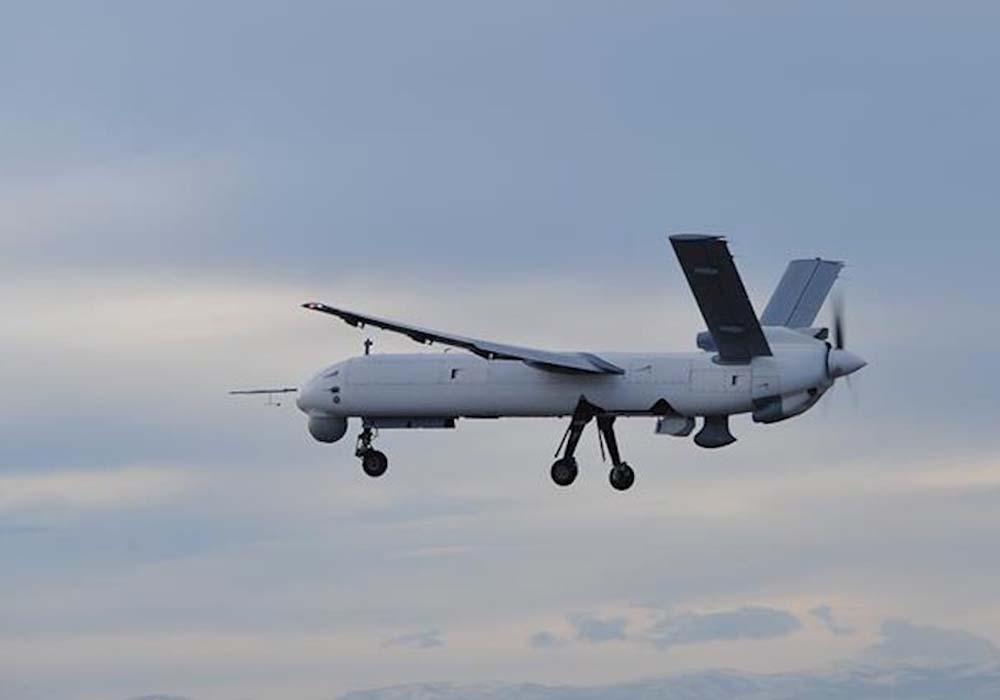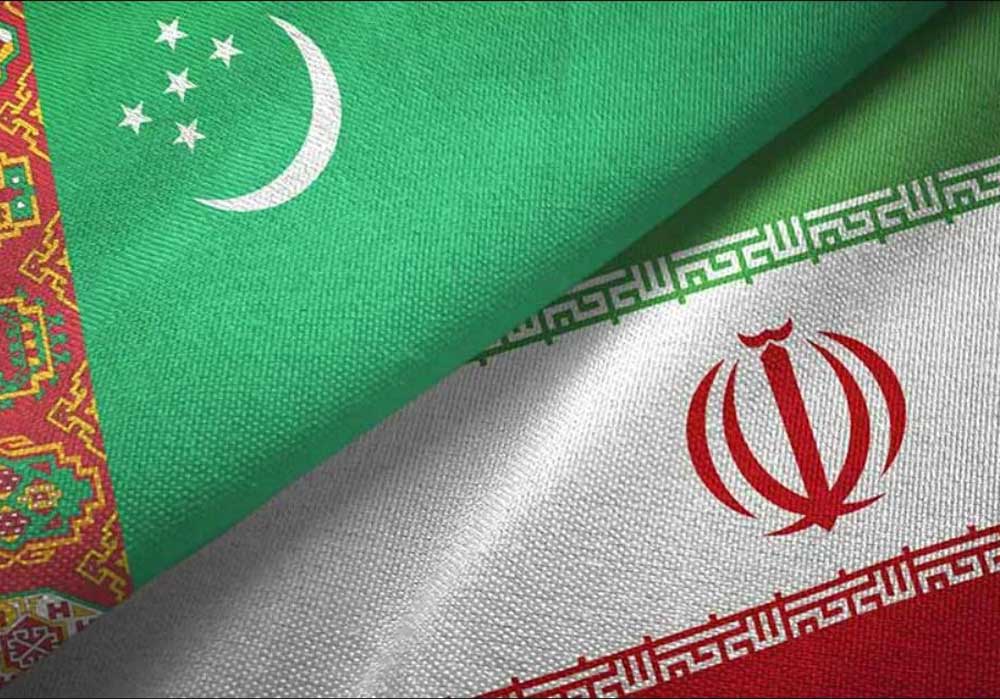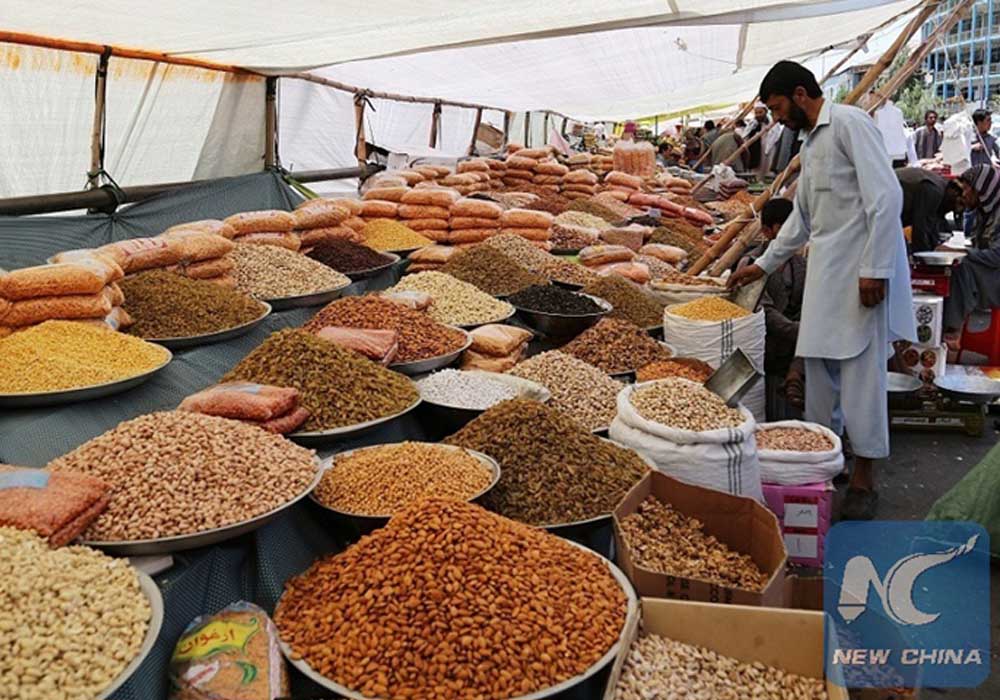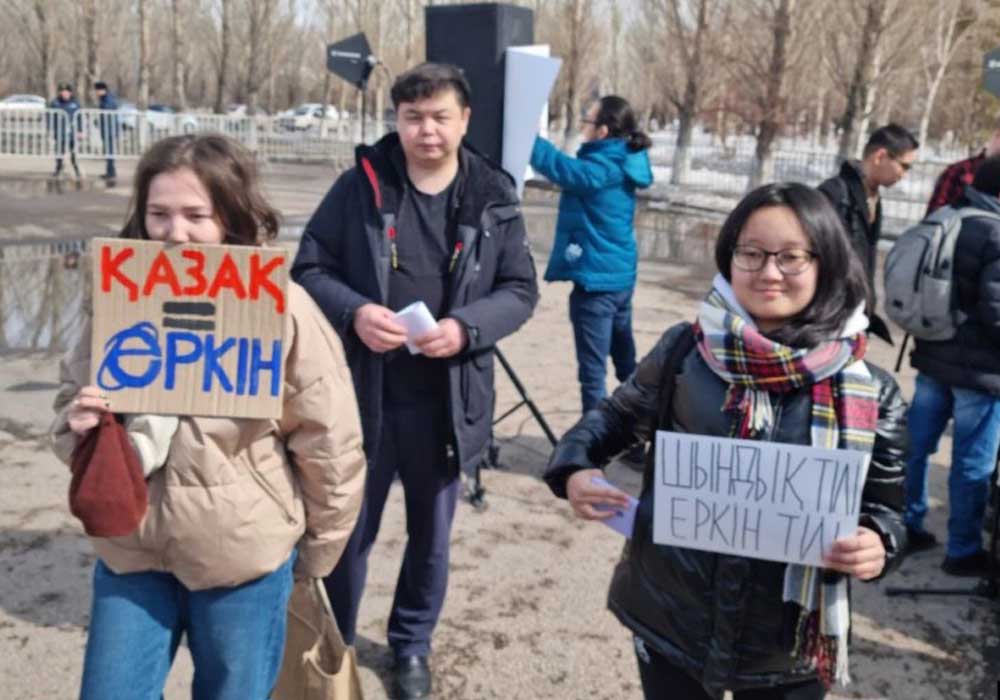
Republic of Kazakhstan
Email: ccasc@kimep.kz
This weekly section provides an overview of key political, economic, and social developments across the five Central Asian states. It highlights the region’s most relevant policy trends, international engagements, and sectoral updates in areas such as energy, digital development, environment, and finance. The section is compiled and edited by Maryam Agharabi, Coordinator of the China & Central Asia Studies Center. For enquiries, you may contact maryam.agharabi[a]kimep.kz.

This past week, the Shanghai Cooperation Organization's specialists held an anti-terror summit in New Delhi, India, to discuss the worsening situation in Afghanistan, while Kyrgyz gold miners went on strike in a Chinese-owned mine, demanding better wages, Kazakhstan granted a license for production of Turkish drones, and a number of militants and a security officer were killed in a Tajik border province after the militants attacked a government convoy.

This past week, the President of Kazakhstan visited Turkey to discuss bilateral trade, Uzbekistan and Turkmenistan made plans for manufacturing coordination and supply chain management along their shared trade route to Europe, activists in Kazakhstan were jailed for an ‘unsanctioned’ rally demanding the release of political prisoners, and an activist group in Kazakhstan announces the launch of a political party that seeks to aid Kazakhs in Xinjiang.

This past week, the Presidents of Iran and Turkmenistan met to discuss increasing bilateral trade and cooperation, Kazakhstan's President signed a law that, according to critics, is likely to be used against dissidents, Russia-led CSTO announced that it will hold military drills in Kazakhstan in October, and Freedom of the Press was reported to have been declining in 2022 in Central Asian countries.

This week, the Kazakh Parliament approved nuclear non-proliferation agreement with China, China stated it opposes foreign interference in Kazakhstan, Turkmenistan and Uzbekistan agreed on a strategic partnership in Trade and Industry, and the Afghan government approved the development of the Chinatown Industrial Park project in Kabul.

This week, a labor strike against a Chinese company occurred in Kazakhstan, demanding better pay, an article was published examining China's growing academic assertiveness, Kazakh parliament passed a law that would curb internet freedoms and could shut down social media platforms, and local Russian and Kazakh officials held talks about building a port on Irtysh river, which could provide access to China.

This week, Afghanistan security agents made the first arrests of opium smugglers since last week’s ban on trade and cultivation of poppy seeds, Two new papers were published pointing to the troubling water patterns in Central Asia, Four activists were detained for a pro-Ukraine protest in Kazakhstan, and Azerbaijan and Kazakhstan sign an agreement to cooperate in logistics projects along the Trans-Caspian trade route.

This past week, Kazakhstan denied that it might help Russia circumvent sanctions, but confirmed it will continue normal trade activities, A new study was published exploring Kyrgyz young elites’ opinions on China, the Taliban banned opium poppy cultivation, and Kyrgyzstan and Uzbekistan agreed to boost bilateral trade.

This week, many Central Asian migrant workers in Russia lost their jobs as the Russian economy suffers under sanctions, leaving families at home short of cash, the Taliban is said to be working on the preservation and restoration of the Buddha statues that sit on top of a massive copper ore deposit, and a Kazakhstani radio presenter is reportedly under probe for calling on Putin to “take care” of “Nazis” in Kazakhstan on air.
